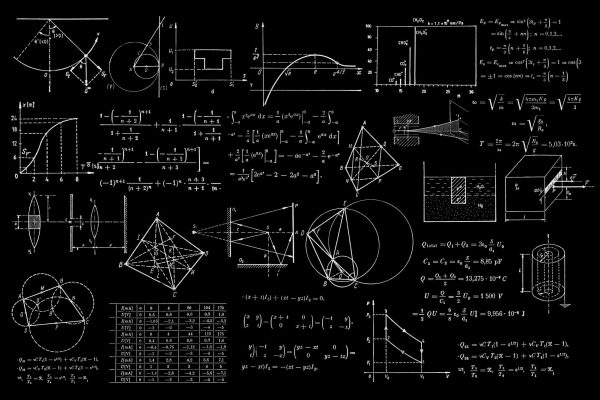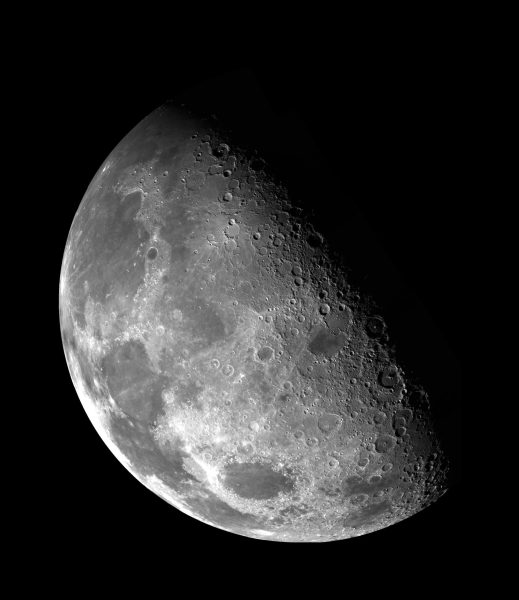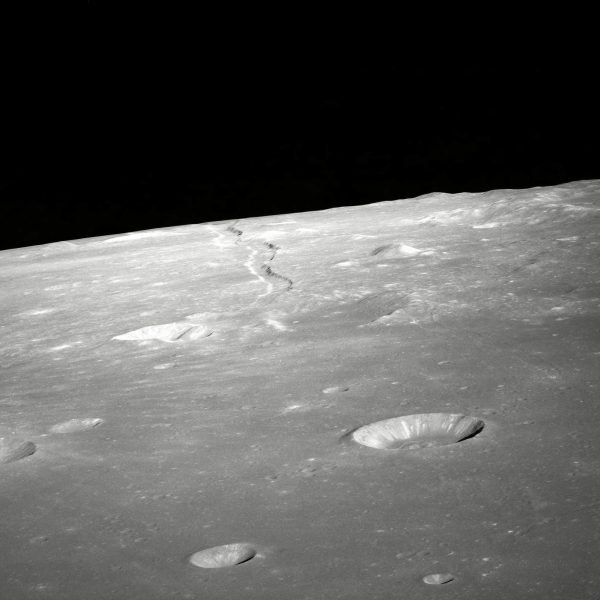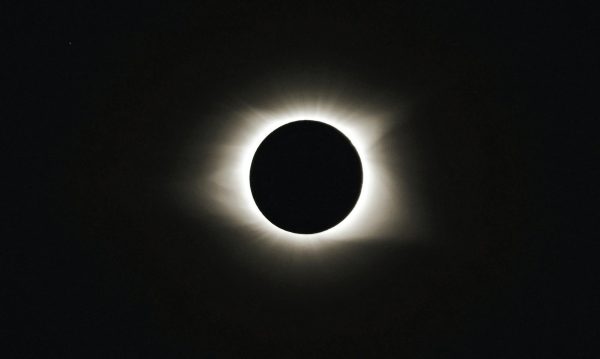2020 Nobel Prize Winners in Science
October 21, 2020
During the first week of October, the 2020 Nobel Prize Winners in Science were announced. The winners specialized in several scientific fields, including physics, chemistry, physiology and medicine.
A total of 8 scientists in these fields received Nobel Prizes. These prizes, created by Alfred Nobel, have been awarded yearly since 1901 to “those who, during the preceding year, shall have conferred the greatest benefit on mankind.” To receive a Nobel Prize is considered one of the highest achievements in science. This year’s Nobel Prize winners will join the ranks of famed scientists including Marie Curie, Watson & Crick, Neils Bohr, and Albert Einstein.
The 2020 Nobel Prize in Physiology or Medicine was jointly awarded to Harvey J. Alter, Michael Houghton, and Charles M. Rice for their discovery of Hepatitis C. The HCV virus has the deadly potential to remain in a host’s body as a chronic infection, causing cirrhosis (liver fibrosis), liver cancer, and even death. There is currently no vaccine for Hepatitis C, commonly transmitted through blood transfusions, sharing needles, and sexual contact. Blood-borne hepatitis kills millions of people each year, and for over a decade, the agent behind many of these infections was unknown. The isolation of HCV from chimpanzee sera in 1989 by Alter, Houghton, and Rice made it possible to design highly sensitive blood tests, virtually eliminating post-transfusion hepatitis infections.
The 2020 Nobel Prize in Chemistry was awarded to Jennifer A. Doudna and Emmanuelle Charpentier for pioneering the use of the bacterial adaptive immunity system CRISPR in genetic engineering. By combining the endonuclease Cas9 with sgRNA (single guide RNA) to target a sequence of DNA, researchers can precisely knock out genes or insert a functional gene in the place of a non-functional one. Furthermore, disabling the DNA-cutting function of Cas9 to create dCas9 allows researchers to localize transcription factors, base editing enzymes, or fluorescent tags to specific sequences of DNA. This innovation has incredible implications for the field of genetics, as CRISPR/Cas9 enables researchers to disable, edit, and view genomes with relative ease.
The 2020 Nobel Prize in Physics was awarded to Roger Penrose, Reinhard Genzel, and Andrea Ghez for their discoveries relating to black holes. Penrose used mathematical models to prove that black holes are a consequence of Einstein’s theory of relativity. Genzel and Ghez developed methods to see through clouds of interstellar gas and dust to the center of the Milky Way, providing substantial evidence for the existence of a massive black hole.












